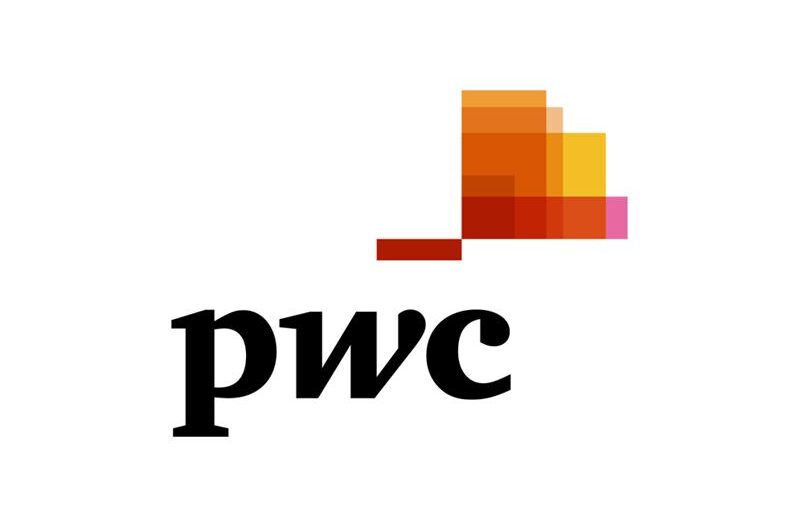Source: https://www.pwc.com/gx/en/issues/crisis-solutions/covid-19/protecting-your-supply-chain.html
The interconnectedness and complexity of global supply chains means that when disruption happens such as in the event of natural disasters or disease outbreaks, impacts will be felt on a human, social and economic level. The COVID-19 is a humanitarian crisis but also has the potential to bring with it extensive economic consequences.
Strategically located on the banks of the Yangtze River, Wuhan, the source of the outbreak, is a major industrial and transport hub and the capital of Hubei province, which produces around 4% of China’s GDP. But restrictions on the movement of goods and people are spreading rapidly to other provinces. Factories producing what are seen as non-critical goods in at least 13 cities, including Beijing and Shanghai, were ordered to close until at least 9 February and Henan, Zhejiang and Guangdong provinces, all important centres for tech manufacturing, are all affected.
No-one knows how quickly the epidemic will come under control or how widely it will spread. What is certain is that supply chain disruption will be felt in Europe and across many sectors, especially automotive, retail and pharmaceuticals.
The difficulty for many businesses is that their reliance on Chinese exports isn’t always immediately apparent. China is a significant exporter of intermediate manufacturing (according to the OECD, more than 52% of its exports are intermediate products) and the complexity of global supply chains means that business may be reliant on Chinese products without being aware of it. The earthquake and tsunami that triggered a nuclear accident at the Fukushima plant in Japan in 2011, for example, had a direct impact on the colours of cars available for sale in the following months – a chemical company based 50 miles from Fukushima was the only factory in the world producing Xirallic pigment, used in automotive coating.
Many businesses have a small window of opportunity to plan for what’s ahead – a few weeks’ supply of goods were already in transit when the epidemic hit, enough to provide a short-term buffer. So what can businesses do to protect themselves?
Identify your critical products and suppliers. It’s difficult for most organisations to identify every supplier in tiers 2, 3 and 4 quickly if they do not already have a transparent view of their Third Party estate or at least the available data. Focusing on the most critical products and tier 1 suppliers should help to prioritise and expose key vulnerabilities. Once identified, how reliant are these suppliers on the region affected?
Contingency planning. What are the options to re-address the balance of supply and demand? Can production be scaled back or amended to protect scarce stock? Is buffer stock or a safe alternative supplier available? What is the impact on medium-term strategy? The seasonal nature of many retailers’ stock, for example, may require a rethink of markdown strategy and inventory control over the coming months.
Consider the financial and legal implications. What will be the impact of supply chain disruption on margins, cash flow, loan repayments and terms? Are there legal implications if you’re not able to deliver supply to customers?
Communicate. Supply chain disruption brings the risk of unintended reputational damage – a clear strategy for transparent communication with customers, external stakeholders and employees, as well as along the supply chain, will be critical and can become a competitive advantage in these situations
Conduct scenario analysis. An epidemic like COVID-19 brings specific challenges around the restriction of movement of people and the impact on productivity. But there are wider implications; over time consumers might change their behaviour and increase their online retail activity, for example, placing extra pressure on logistics networks. Careful planning, as well as respect for the unpredictability of such an event, will help to see businesses through the coming months.


